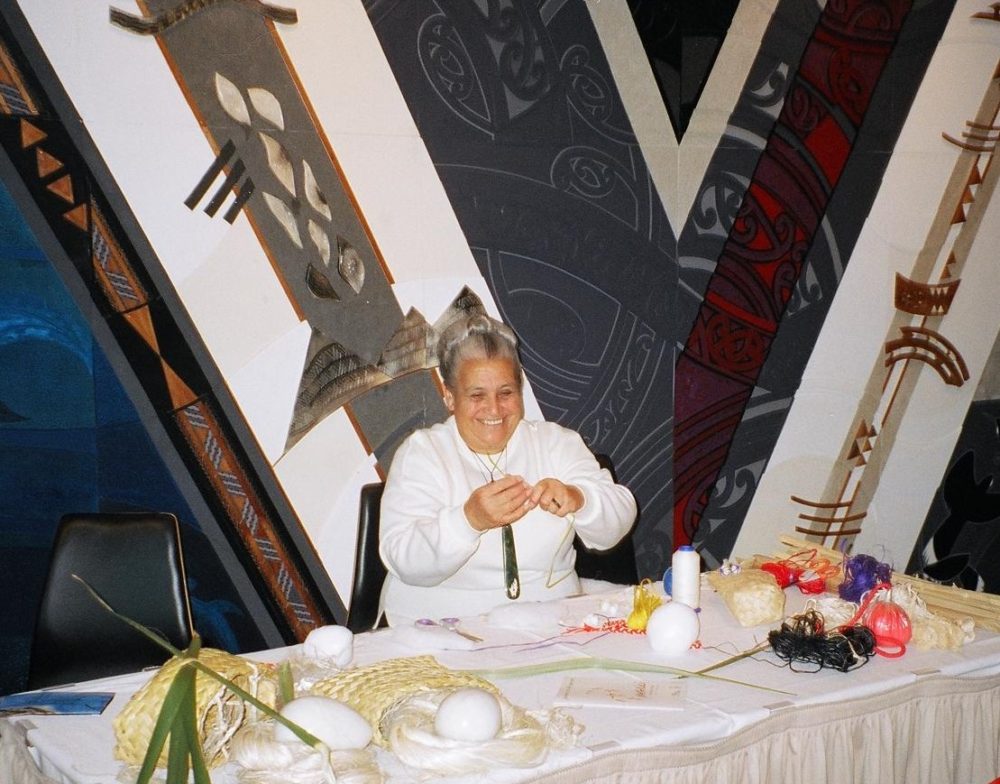By Neena Bhandari
Wellington, 03.12.2005 (The Australian): In the freezing cold, a mellifluous voice penetrates the stillness as we are treated to a traditional Powhiri or Maori welcome ceremony before being ushered into the Maori Treasures complex near Wellington.
Powhiri is the protocol for establishing a new relationship with all the five senses – sight, sound, smell, touch and taste. The ceremony is completed with a Hongi or pressing of noses, which acknowledges sharing the same air and touching foreheads, signifying sharing the same knowledge. After this, from a visitor one becomes tangata whenua (people of the land).

